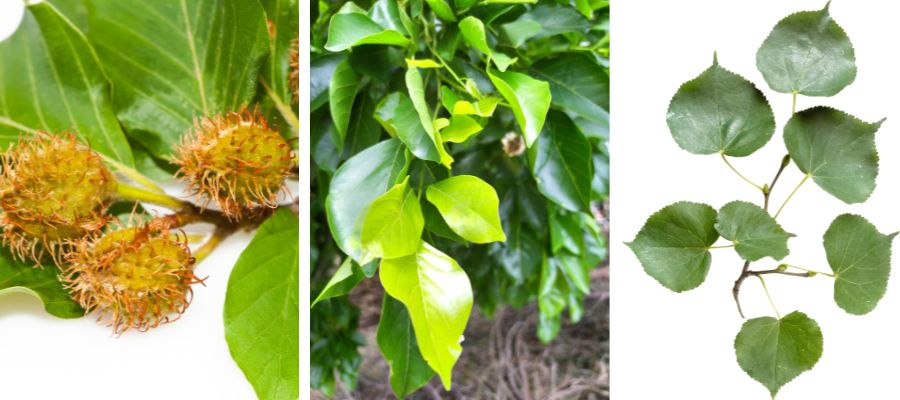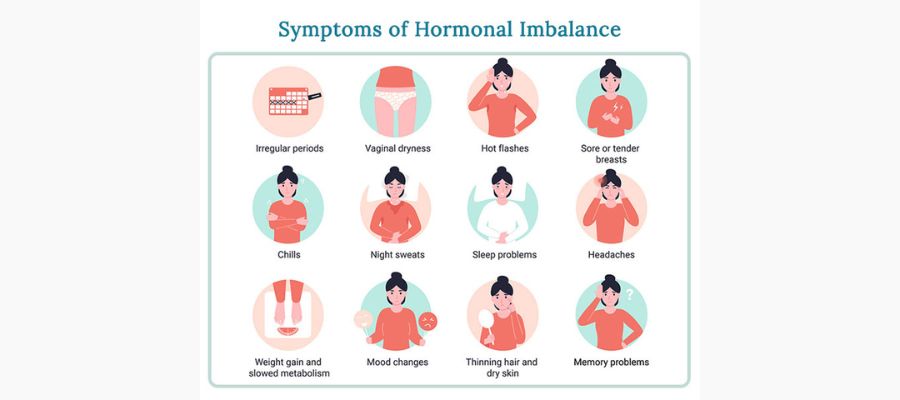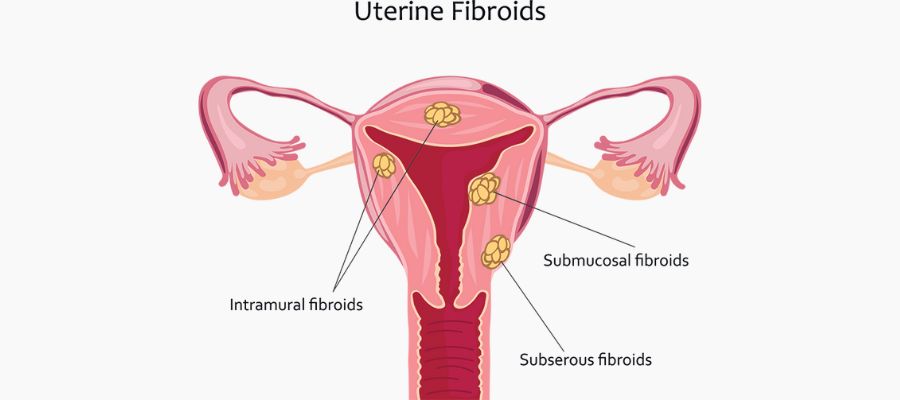.jpg)
SCIENTIFIC NAME: Brassica nigra/juncea
HINDI NAME: Sarson, Sarsapa
ENGLISH NAME: Black mustard
FAMILY: Brassicaceae
SHORT DESCRIPTION
Mustard is a well-known culinary ingredient that is valued for its distinct odour and carminative function. Mustard seed is utilised in Ayurveda for both exterior and internal applications. The seed is used to flavour mustard sauces and as a spice. Mustard seed is well-known for its strong flavour. Pungent meals stimulate the body and digestion, as well as the metabolic process. It can help to balance the Vata and Kapha doshas. Mustard seed can actually worsen pitta traits, resulting in imbalances and health problems.
USES & HEALTH BENEFITS
- Cures worm infestation, pruritus (itching),
- Acts as an appetizer and improves digestive functioning.
- Aids in psychiatric disorders
- Improves low digestion strength
- Source of vitamin C
- Helps in pain relief and subsides the swelling
- Best cough expectorant
PRECAUTIONS & SIDE EFFECTS
- It has the potential to irritate delicate skin and potentially create blisters.
- It is strongly suggested to avoid it if you have a pitta type bodily constitution.
HOW TO USE
- Lemon juice and crushed mustard seed paste are applied topically to alleviate swelling and soreness.
- Rashes and other irritating skin disorders can be treated with mustard oil and turmeric.
- Individuals suffering from rheumatoid arthritis and aching joints might benefit from applying mustard oil to inflamed regions (combined with salt or garlic and cloves).
- Mix a tiny amount of mustard oil with sesame or coconut oil and massage it into your scalp to treat dandruff. Allow it to sit for an hour before washing it off.
- For a mild impairment in digestive fire, use mustard seeds with dry ginger, Guduchi, pippali, and black pepper.
- Advised to use mustard seeds for therapeutic purposes, only after Ayurveda expert recommendation.










